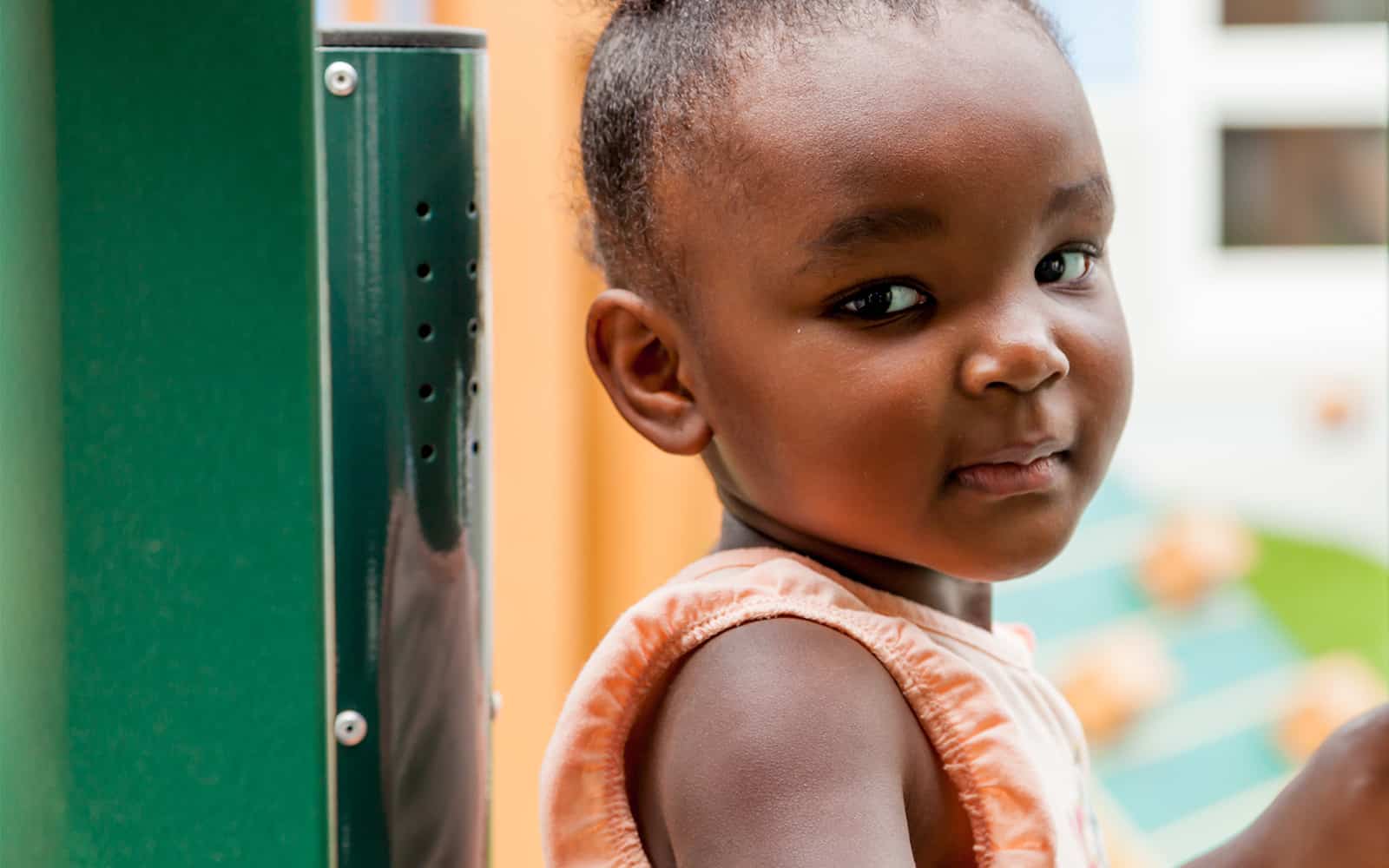By Joan Lombardi
Over the holidays, I heard the term metaverse across multiple media platforms. From TV talk shows and the news to newspaper articles, the concept was everywhere, and I wanted to understand what it means. Meta seems to have several meanings depending on how it is used – as a prefix it sometimes means transformation or transcending. In the “tech world” the metaverse seems to be referring to some overarching system that would transcend the different parts that make up that world today.
While not totally grasping this emerging concept, these ideas are not completely new to a student of child development. We can relate to the idea of an overarching system evolving beyond its current collection of parts to create an all-encompassing approach to achieving a common goal.
We know health, learning and behavior are connected, and holistic child development requires an integration of these elements that transcends their parts; health affects learning, learning affects health, and social-emotional development affects them both. We also know development begins early, with each stage building on another. Moreover, Bronfenbrenner’s ecological systems theory has grounded our thinking: we can’t separate the child from the well-being of the family. They both depend on supportive communities and policies.
As we enter 2022, let’s recommit our energies to creating a system that could be thought of as meta-care. This approach would go beyond a collection of isolated programs and services to an interconnected system supporting the whole developing child. In this community, the parent, childcare provider, physicians, home visitors, teachers, local librarians and housing agencies all matter for a successful start in life.
Last year, I had the opportunity to talk to several parents, providers and local leaders across the country. Each was working to build these connections to make their community “the best place to raise a child.” I recognized four common elements in these initiatives:
- Firm beliefs in centering all actions on family and caregiver voices to improve their living and working conditions
- Commitment to equity
- Processes for data tracking and mapping services
- Continuous improvement mechanisms that include ongoing partnerships across services and sectors
The country’s future depends on how we care for young children and families. In the upcoming year, our hope remains that landmark federal legislation is passed to provide the critical investments we need. When this happens, implementation will move to the states and communities and new opportunities to work together will emerge. We must renew our efforts of support to assure a robust continuum of care: from healthy births to children thriving at age three, at five and beyond.
It doesn’t matter if we use a new term like meta-care; what matters is that we intensify our pursuit of better outcomes for all children. Let’s allow the needs of families and caregivers to guide our actions, transcend old boundaries and make a system of caring a reality for the next generation.
Dr. Joan Lombardi is a national and international thought leader in early childhood. She has been a key collaborator and consultant to Start Early in a variety of ways over the years.

